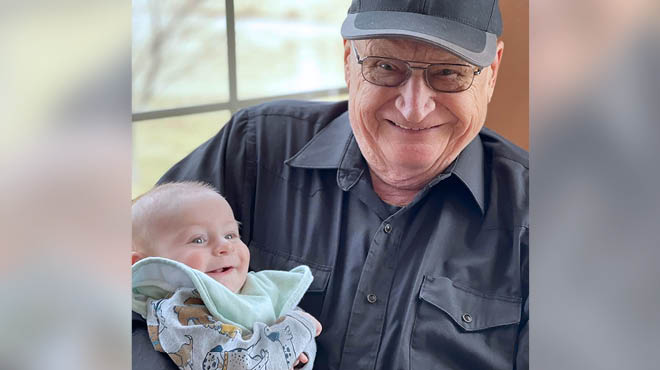Recent Posts
The importance of a cancer survivorship care plan

Cancer care doesn’t end when treatment is over. Life doesn’t immediately return to normal because you are done with radiation or chemotherapy. You may have long-term physical and emotional effects after treatment and likely have questions about follow-up care and what to expect in the future.
Cancer may have affected your finances, employment, relationships or spiritual beliefs. For these reasons and many others, cancer survivors' needs must be addressed in a survivorship care plan.
Many cancer centers provide resources for cancer survivors. You may be scheduled for a cancer survivorship appointment as you complete cancer treatment. This visit provides education and resources to help you transition from cancer treatment to wellness. During the visit, you'll meet with a nurse, physician or nurse practitioner and a social worker to review your treatment. You'll receive a survivorship care plan in addition to resources and follow-up care information.
A survivorship care plan is a complete record of your cancer history. It may include:
- Contact information for providers
- Diagnosis and stage of cancer
- Details about treatment type — such as surgery, chemotherapy, radiation, transplantation, hormone therapy or others — with beginning and ending dates
- Emotional effects you may experience and the support services available
- Possible late and long-term effects of treatment and their symptoms
- Recommended cancer screenings and other recommended testing and follow-up appointments
- Wellness recommendations, including a healthy diet, exercise and smoking cessation information
A survivorship care plan ensures you get the best possible healthcare as you go forward after treatment. Giving your care team a copy of your plan is helpful so they are aware of treatments you received, side effects and recommended follow-up care. It's also important to keep a copy for yourself so you have a personal record of your cancer care.
The survivorship care plan empowers you to use the tools you’ve been given or tap additional resources as you move forward and successfully transition to life after cancer treatment. It's a good idea to contact your care team if you have any questions or concerns. Even though you're done with treatment, your care team continues to be available to provide resources and follow-up care.
Next steps:
- Find a cancer specialist near you.
- Gather tips for emotional recovery after cancer.
- Discover the benefits of an exercise routine after cancer.
- Learn about managing the fear of cancer recurrence.
Sarah Lewis is a social worker and cancer guide in Eau Claire, Wisconsin.





